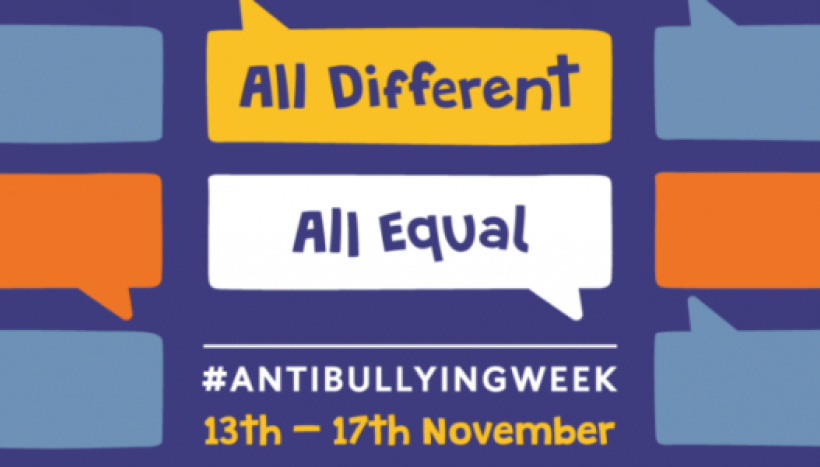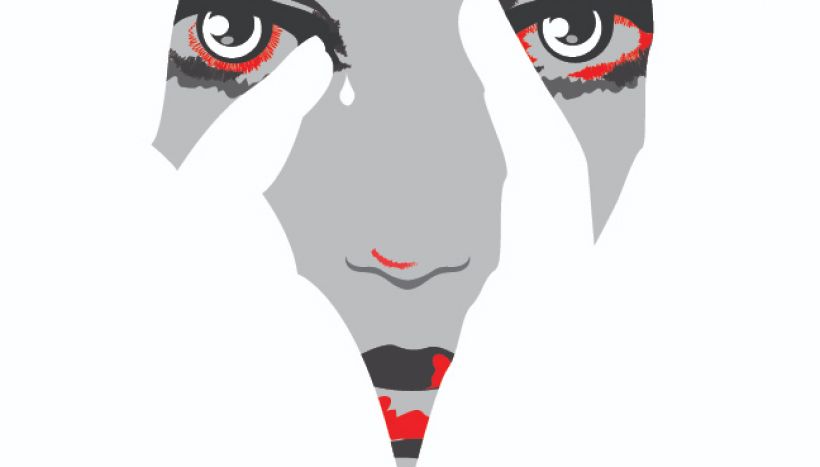#AntiBullyingWeek - What to do if you are being bullied?
13 November 2017

Bullying or harassment of any kind is unacceptable at Leicester College. We seek to provide a safe and secure environment in which all students can work together harmoniously, and in which they can learn effectively and secure the qualifications they are seeking.
Bullying is defined as;
“The intentional hurting of one person by another, where the relationship involves an imbalance of power. It is usually repetitive or persistent, although some one-off attacks can have a continuing harmful effect on the victim.”
(Anti-Bullying Alliance, 2009)

Recognising bullying is important, it could be someone you know bullying someone else or you could be the one being bullied. Bullying may take place over a long period or may consist of single acts of physical, verbal or non verbal conduct which the recipient finds unwelcome, offensive, upsetting or threatening. Harassment is defined within the law as “engaging in unlawful conduct which has the purpose of violating other person’s dignity or creating an intimidating, hostile, degrading or offensive environment for that person”. Harassment may be intentional or unintentional; the main consideration is the impact that it has on the person or group targeted.
Bullying or harassment can take many forms, including:
Unwanted physical contact ranging from touching to serious assault, including pushing, hitting, kicking, slapping, pulling hair, deliberately tripping, taking and hiding belongings, damaging belongings etc.
Unwanted verbal or written contact including name-calling, insults, public humiliation, inappropriate banter, suggestive remarks, innuendoes, offensive jokes or language. All of the above can also be sent by email, text or multi media messages from mobile phones or posted on internet sites
Non verbal harassment e.g. staring or gestures
Indirect harassment such as spreading malicious gossip and rumours, ostracisation, ignoring and withdrawal of friendship, isolation and exclusion from activities.It also includes unwanted visual display of posters, graffiti, screensavers etc.
Unwanted coercion such as pressure to join a particular “gang”, political group etc.
Unwelcome sexual advances or pressure for sexual activity where this is unwelcome
Victimisation e.g. singling out an individual for particular treatment or criticism
Intimidation by, for example, aggressive or threatening behaviour
Any other actions or incidents which the individual or group of individuals believe amounts to harassment or bullying.
There is a significant amount of evidence that shows that bullying has a destructive and harmful long term impact on the lives of young people, not only on those being bullied, but also on those who bully, and those who stand by. It can lead to feelings of self-doubt, lack of confidence, low self esteem, anxiety, depression and sometimes even suicide.
If you feel you are being bullied or harrassed then let a staff member know. We will deal with it seriously and ensure you are no longer in harms way.
Find out more: http://www.bullying.co.uk/